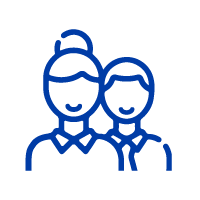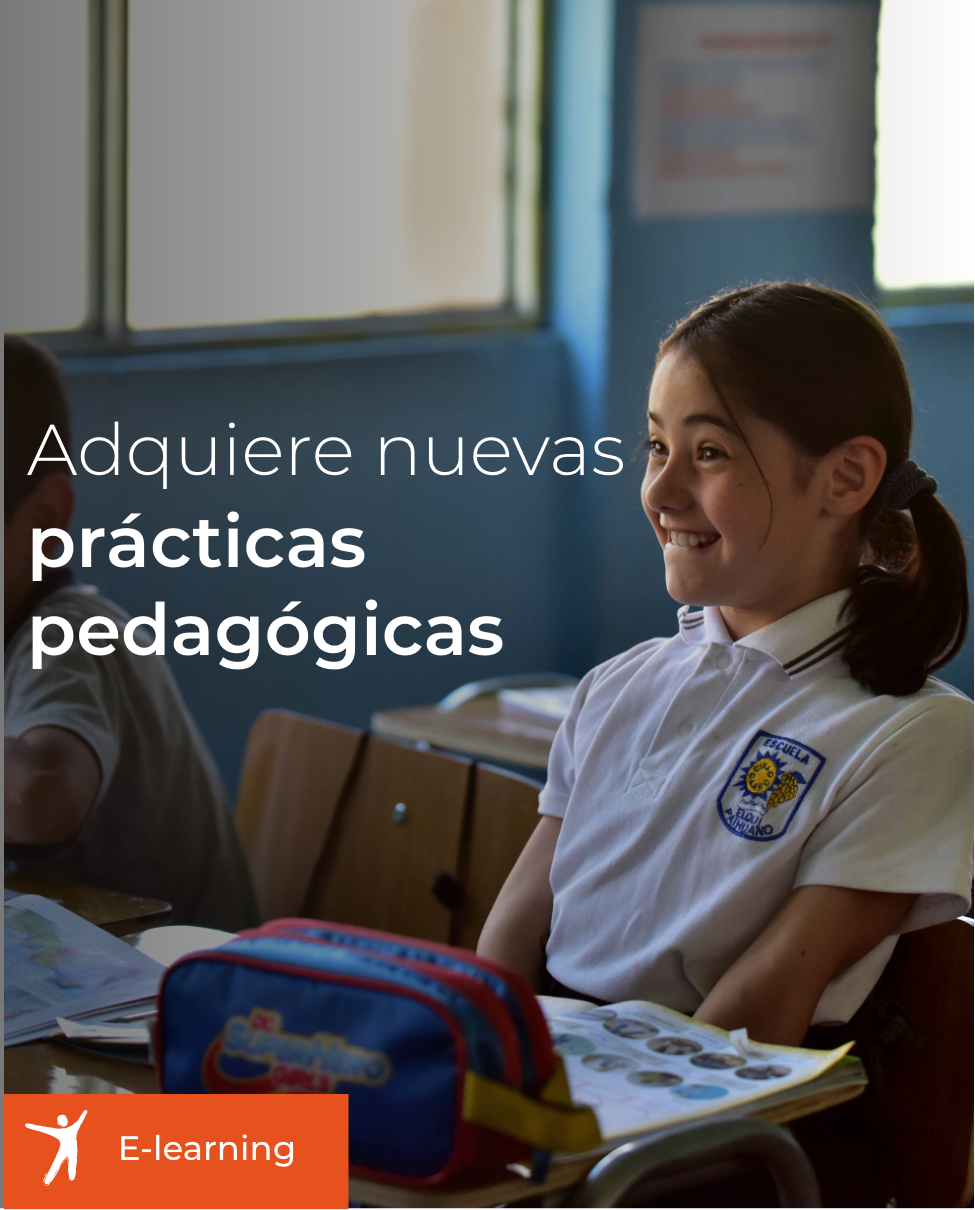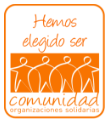Program objective
Improve the English level of students in public schools in highly touristic communities, collaborating with the educational communities in the improvement of pedagogical and leadership practices for the teaching of the language from an early age.
About We Learn
The We Learn Program aims to expand English learning opportunities for students living in tourist areas from an early age, through a collaborative work model that involves teachers, management teams, school principals, PIE teams, educators and kindergarten technicians in the teaching of the language.
National and international research shows that students who are taught English from the early years and have more hours of English language instruction achieve a better level of English. It is necessary to consider quality elements such as the number of students per group, the number of hours dedicated to teaching and the professional competences of teachers (Celik & Karaca, 2014).
This is because, as with the acquisition of a first language, children's early brain development is very fertile, and exposure to a new language allows them to intuitively internalise its particularities, laying the foundations for future learning.
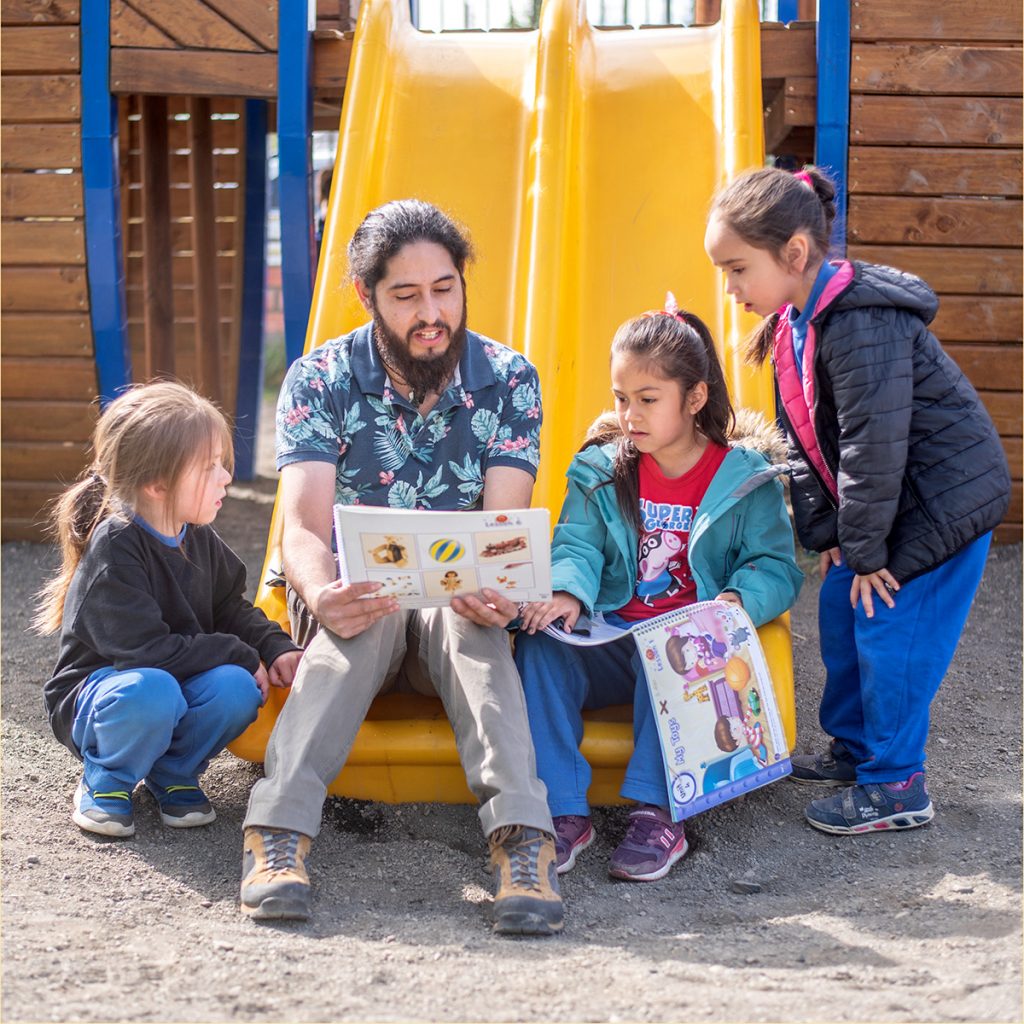
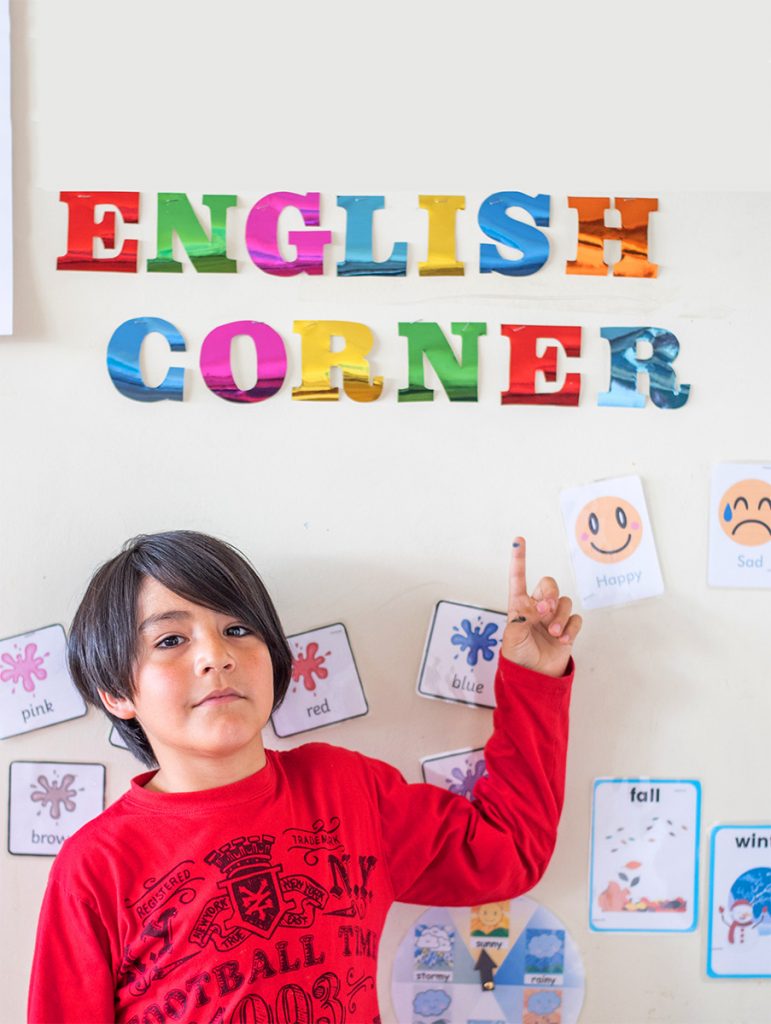
Key elements of the program
Maximize interactions in English in the classroom: Ensuring that all students have the opportunity to communicate in English during class is vital for learning the language. The program includes the development of strategies with schools to enhance communication in English between teachers and students, as well as among students.
Maximize the use of time for effective communication in English: English class time should be maximized as it is one of the few contexts where students are exposed to the language. We strive to ensure that communication is maintained in English and that every minute of class time is used to reinforce the four language skills of speaking, listening, writing and reading in a balanced manner.
Promote leadership to improve English language learning: According to international research, management teams are the second most influential factor in student learning, right after the teacher and what happens in the classroom. Principals, y UTP heads and teachers in charge are key in this process, and that is why the program promotes collaborative work both with their teachers and with their peers in neighboring schools to improve their leadership practices and promote English in their communities.
Increase opportunities for exposure to English outside the classroom: Considering the limited hours of exposure to English in the classroom, and the importance of involving families and the community in the educational process, we have placed a strong focus on generating opportunities to use English naturally as a communication tool in opportunities outside the classroom, where students can demonstrate their knowledge to their families and peers in artistic or academic displays.
Increase attendance in English classes: Together with the Foundation's Attendance Program, we collaborate with schools to work on contextually relevant strategies to increase students' attendance so that they have effective access to the learning opportunities the school provides.
We Learn 2023 Scope
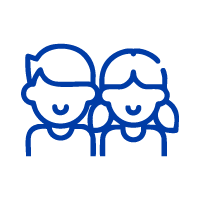
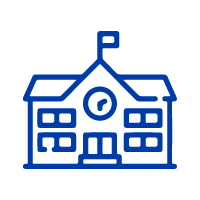
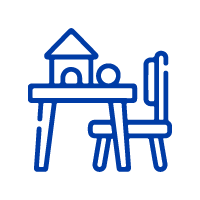
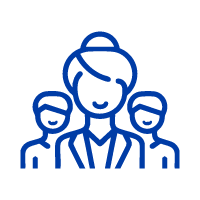
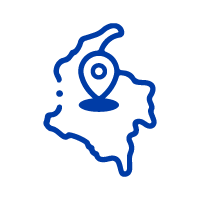
"I appreciate that my ideas can be tested by other colleagues and that they can tell me about the changes they have made and how their work has turned out. I also learn from others and take ideas from them. This is very gratifying for me, because it means that my work serves others and thus, together, we contribute more to the quality of education in the country.
Pía Irigoyen
Teacher at Cielo Claro School in Paihuano.


We Learn Access
Fundación Educacional Oportunidad also implements the We Learn Access Program in Vicuña, Coquimbo Region, and Puerto Natales, Magallanes Region, as part of a collaboration agreement with the U.S. Embassy in Chile to expand English language learning opportunities for high school students with activities framed in 4 thematic areas: , environmental protection, cultural identity and youth leadership, and tourism.
It is expected that, upon graduation from the program, students will be able to reach an intermediate level of linguistic competence, expressed in communicative functions such as: introducing themselves, conversing on everyday and personal topics, describing images and people, showing agreement and disagreement, understanding short and long texts of medium complexity, writing informal communications, expressing opinions on specific topics, and understanding medium-length speeches. The above is a sample of the skills that are developed when reaching level B1 according to the Common European Framework of Reference for Languages. The objective of the program is that in its two-year duration, all participating students will reach this level.
The first generation of this program in 2018 and 2019 was carried out with the participation of Beyond English, an institution that has English-speaking support professionals who collaborate with the English teachers in the development of the classes.
Currently the second generation of We Learn Access youth is in its second year of the program. A total of 76 students this year will have the opportunity to continue learning experiences such as field trips and a summer camp, as well as having fun classes and finally getting an international English level certification.
We Learn Access outreach cohort 2018 - 2019



